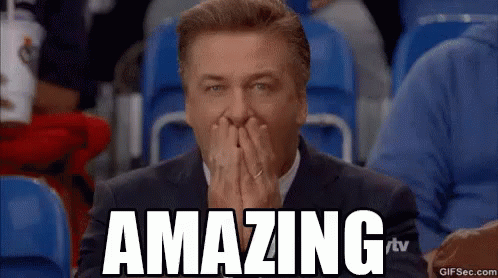Finally got a chance to watch this.
[Show spoiler]
James Quandt at Artforum wrote this and I think it's a good take.
Spoilers, natch.
[Show spoiler]The White Ribbon establishes a tone of modernist ambiguity at the outset, in which the film’s narrator—a schoolteacher and rare decent soul—emphasizes uncertainty, obscurity in the tale he is about to recount. And Haneke is careful to leave some mysteries unresolved at the end, relying on village gossip to muse on enigmas of incident and motive. Much, though, is spelled out, and those who have criticized the director as an overexplainer, a psychological literalist and maestro of manipulation, will find considerable evidence here: The whiteness of the eponymous ribbon, the pastor tells his son before binding the boy’s hands to his bed to prevent masturbation, was once a sign of purity and innocence, but is now an emblem of baseness. Sexual disgust and repression, combined with class resentment and religious subjection, are central to Haneke’s depiction of incipient fascism, and some of his strongest writing is reserved for the pastor’s admonitions about the abuse of the boy’s “finest nerves,” invoking the “sacred barriers” God has placed around his groin; and for the doctor’s torrent of revulsion at the body and being of Frau Wagner, his long-enduring workmate, mistress, and nanny. The austere Protestant atmosphere, in which chastity is won by chastisement, may recall Bergman and Dreyer, but Haneke’s sense of iniquity remains singularly nasty. “One grows sentimental when in pain,” the vicious physician avers, but his self-hatred and misogyny trump any nobler emotion.





















 Linear Mode
Linear Mode

